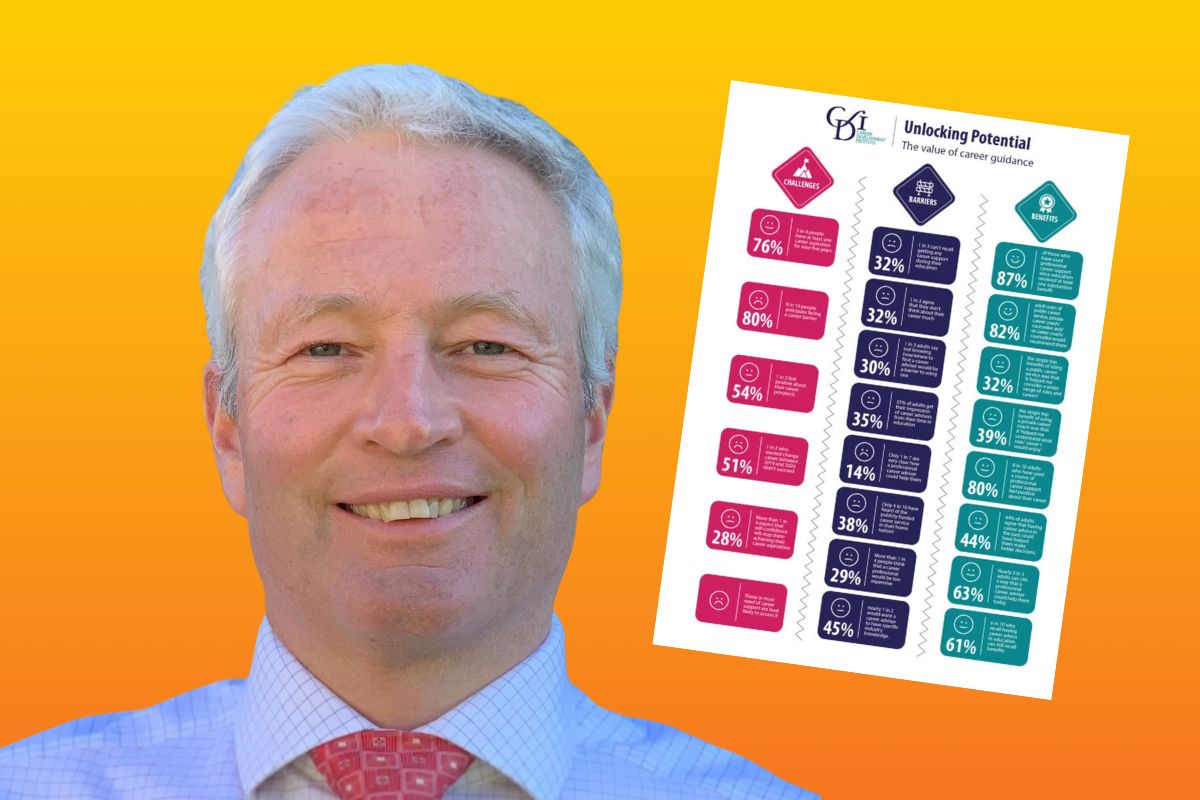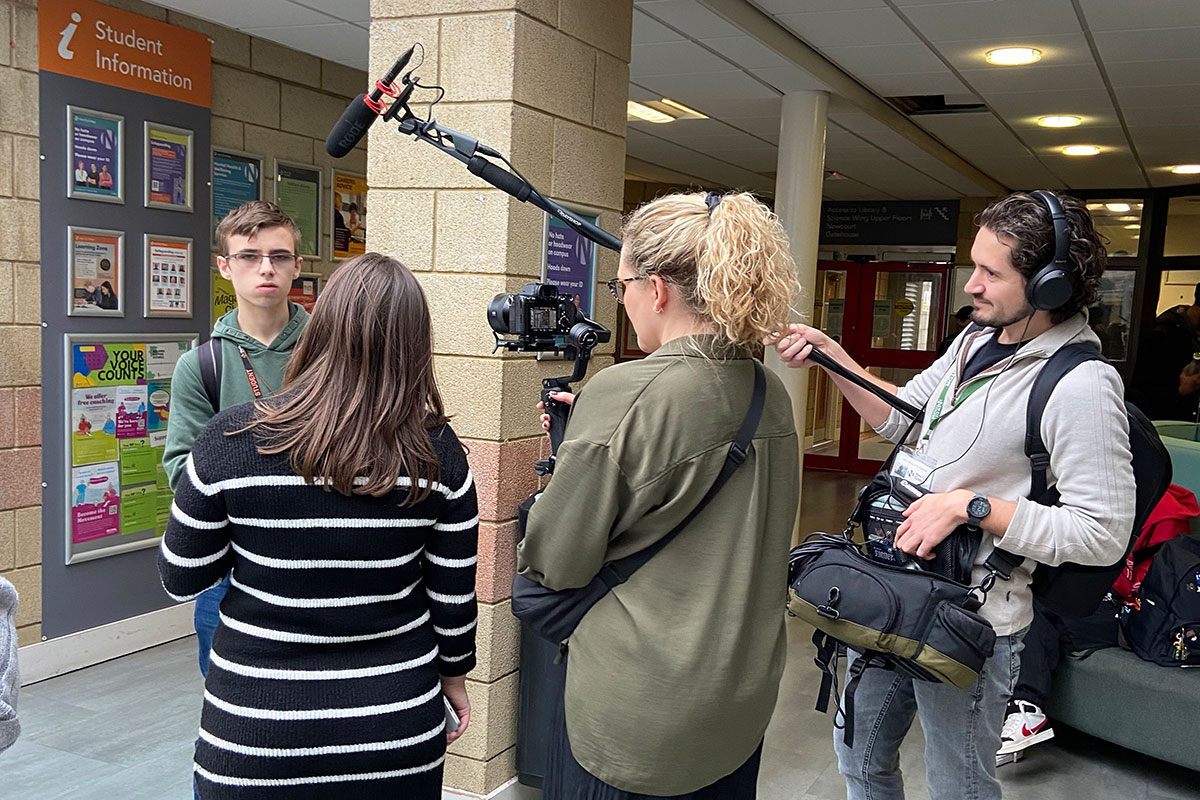The impact of the November fiscal statement on schools and education, expert comments

With the UK currently at the start of another years-long recession, alongside the cost of living and energy crises, schools in the UK have faced significant budget strains and difficulties this year. Many school boards have already had to make tough decisions in response to economic hardships, including redundancies for teaching assistants and teachers, and even school closures in some cases.
The Chancellor has just made his November fiscal statement, which is likely to bring some relief to schools across the country in terms of their future funding. In his statement, the Chancellor unveiled a £2.3 billion investment into the education sector, set to be spread across 2023 and 2024.
Of course, schools are crucial to the development of all children, but this is especially true for those in the UK that speak English as another language (EAL). Data from the Department for Education has shown that EAL pupils tend to academically excel, providing that they have been able to progress their English language skills to competent or fluent levels.
For these children, their schools’ financial security will provide them with the opportunity to develop their language skills and excel in the classroom with the correct level of support that they need in order to flourish academically.
Commenting on the news, Veejay Lingiah, CEO and Co-Founder of FlashAcademy, a language-learning platform that specialises in helping speakers of other languages learn English, had this to say:
“With the UK in recession, it has been a concerning time for schools that have been wondering what their future might look like. The November budget statement has likely lifted the weight from the shoulders of many school board members across the country, and has provided some level of security about the future of British education.
Schools are so important to the development of children, particularly in their early years. Education provides the foundations on which a lifetime of knowledge is then built.
For all children, having access to a good level of education is critical to ensuring that their language skills develop as they should. For children coming into schools where English is not their first language, they are already starting out at a disadvantage and therefore will require more assistance to bring their language skills in-line with their peers.
We have seen, and data shows, that once these language skills have been acquired, these children do remarkably well in the classroom and excel academically. However, for this to happen, schools require the correct funding to be able to retain a good amount of staff.
The budget announcement will have provided some level of reassurance for schools, with an investment of £2.3 billion being put into the education sector in the next two years. We are hopeful that this funding will help to support schools in their struggles against the issues recently highlighted by the head-teacher’s union, NAHT.”
Sources:











Responses